Is Taking Triphala Safe during Pregnancy & Breastfeeding?

- What Is Triphala?
- Can You Take Triphala While Pregnant?
- Health Benefits of Consuming Triphala in Pregnancy
- Risks of Taking Triphala During Pregnancy
- Can You Take Triphala While Breastfeeding?
- FAQs
Medicinal herbs, deeply rooted in India’s traditional medicine, offer remedies for various ailments. Triphala stands out among them, renowned for its multifaceted health benefits. However, the question arises: is it safe for pregnant or nursing women? It’s imperative to seek professional advice, consulting a doctor or lactation specialist before consuming any herbs during pregnancy or breastfeeding. Understanding Triphala’s properties and potential effects on maternal health is crucial for informed decision-making in this delicate stage of life. Thus, let’s delve deeper into Triphala’s characteristics to discern its compatibility with pregnancy and breastfeeding. We’ll learn all about the benefits as well as risks of Triphala.
What Is Triphala?
Triphala is an Ayurvedic medicinal herb which has been used for a very long time. It is said to have multiple health benefits, from curing dental cavities to stomach ailments. It translates to ‘three fruits’, and like its name, it is made up of a mixture of dried fruits of three different plants, namely amla (Indian gooseberry), bibhitaki, and haritaki. It is used to prevent many diseases, and to treat the symptoms of inflammation and constipation.
Can You Take Triphala While Pregnant?
The answer is no. Triphala is not advisable for pregnant women. The reason is that it can increase the risk of miscarriage due to having a ‘downward flow’ movement. It is also not recommended for breastfeeding mothers. Amla, which is one of the constituents of Triphala, is recommended for lactation in new mothers, but the other two components, bibhitaki and haritaki, are dangerous for new mothers. So it is better to consume amla in a separate form during pregnancy, if you want to keep your antioxidant levels high.
Health Benefits of Consuming Triphala in Pregnancy
Introducing Triphala into a pregnancy regimen can yield various health benefits, aiding in the holistic well-being of both the mother and the developing baby. Below are some notable advantages of consuming Triphala during pregnancy:
1. Colon Cleansing
Triphala’s natural properties facilitate gentle yet effective colon cleansing, promoting digestive health and reducing the risk of constipation common during pregnancy.
2. Blood Purification
It acts as a blood purifier, supporting optimal circulation and overall cardiovascular health for both mother and baby.
3. Liver Detoxification
Triphala aids in eliminating toxins from the liver, ensuring its proper functioning and reducing the risk of liver-related complications.
4. Immune Support
Rich in Vitamin C, Triphala powder in pregnancy boosts immunity, helping expectant mothers combat infections and illnesses.
5. Anti-inflammatory Benefits
Its anti-inflammatory properties can alleviate discomfort associated with pregnancy-related inflammation, such as swollen joints or muscles.
6. Weight Management
Triphala’s ability to aid in weight loss can be beneficial for expectant mothers aiming to maintain a healthy weight during pregnancy.
7. Potential Support for Cancer Patients
While further research is needed, some studies suggest that Triphala may offer supportive benefits for cancer patients, potentially aiding in symptom management and overall well-being.
Risks of Taking Triphala During Pregnancy
There are several possible risks of taking Triphala during pregnancy:
- Taking Triphala during pregnancy may cause diarrhoea and abdominal pain, which can pose problems in pregnancy.
- It can increase the risk of miscarriage during pregnancy due to its downward pushing movement.
- It can lead to a miscarriage by stimulating muscle contractions in the uterus.
- If taken with blood thinning medications, it may affect their effectiveness.
- Taking Triphala churna during pregnancy can cause allergic reactions, like swelling in the mouth or throat, skin itching and redness, and shortness of breath.
- It can cause nausea, headache, tiredness, and stomach upsets.
- It can increase your baby’s heartbeat, which is potentially harmful.
Can You Take Triphala While Breastfeeding?
Breastfeeding mothers should not consume Triphala, as the properties of this herb may pass on to the baby via breast milk. If you still want to take Triphala churna during breastfeeding, make sure to consult your doctor to know the extent of the risks and benefits.
FAQs
1. Is Triphala safe for pregnant women?
While Triphala is generally considered safe for most people, pregnant women should consult their healthcare provider before using it due to potential effects on pregnancy.
2. Can Triphala cause any harm to the developing baby?
There is limited research on the effects of Triphala specifically on fetal development. To ensure the safety of the baby, pregnant women are advised to avoid Triphala unless prescribed by a healthcare professional.
3. Are there any known side effects of Triphala during pregnancy?
While Triphala churna in pregnancy is generally well-tolerated, some individuals may experience gastrointestinal discomfort or allergic reactions. Pregnant women should be cautious and report any adverse reactions to their healthcare provider promptly.
4. Is it safe to take Triphala while breastfeeding?
Similar to pregnancy, there is limited information on the safety of Triphala during breastfeeding. It’s best for nursing mothers to consult with a lactation specialist or healthcare provider before using Triphala to ensure it won’t negatively impact the baby through breast milk.
5. Can Triphala help with postpartum recovery?
Some women may consider using Triphala for postpartum recovery, such as aiding digestion or promoting lactation. However, its safety and effectiveness in this context should be discussed with a healthcare provider to ensure it’s appropriate for individual needs and circumstances.
This was all about Triphala and pregnancy. Triphala is used as an herbal remedy to cure many ailments, including inflammation, constipation, and dental issues like gum inflammation or plaque buildup. However, it is highly unsuitable and dangerous to take during pregnancy or while breastfeeding. If consumed during those times, it may pose a risk to the health of both you and your baby. So, it is best avoided.
References/Resources:
1. Triphala: Purported Benefits, Side Effects & More; Memorial Sloan Kettering Cancer Center; https://www.mskcc.org/cancer-care/integrative-medicine/herbs/triphala
2. Srikumar. R, Parthasarathy. N, Shankar. E, et al.; Evaluation of the growth inhibitory activities of Triphala against common bacterial isolates from HIV infected patients (Phytotherapy Research); National Library of Medicine; https://pubmed.ncbi.nlm.nih.gov/17273983/; May 2007
3. Gurjar. S, Pal. A, Kapur. S; Triphala and its constituents ameliorate visceral adiposity from a high-fat diet in mice with diet-induced obesity (Alternative Therapies In Health And Medicine); National Library of Medicine; https://pubmed.ncbi.nlm.nih.gov/23251942/
4. Pradeep. A, Suke. D, Martande. S, Singh. S, Nagpal. K, Naik. S; Triphala, a New Herbal Mouthwash for the Treatment of Gingivitis: A Randomized Controlled Clinical Trial (Journal of Periodontology); American Academy of Periodontology; https://aap.onlinelibrary.wiley.com/doi/10.1902/jop.2016.130406; November 2016
5. Srinagesh. J, Pushpanjali. K; Assessment of antibacterial efficacy of triphala against mutans streptococci: a randomised control trial (Oral Health and Preventive Dentistry); National Library of Medicine; https://pubmed.ncbi.nlm.nih.gov/22238738/
6. Russell. L, Mazzio. E, Badisa. R, Zhu. Z, et al.; Differential cytotoxicity of triphala and its phenolic constituent gallic acid on human prostate cancer LNCap and normal cells (Anticancer Research); National Library of Medicine; https://pubmed.ncbi.nlm.nih.gov/22110195/; November 2011
Also Read:
Cloves while Pregnant
Eating Walnuts in Pregnancy
Black Pepper when Pregnant
Spices You Can Consume and Avoid during Pregnancy
Was This Article Helpful?
Parenting is a huge responsibility, for you as a caregiver, but also for us as a parenting content platform. We understand that and take our responsibility of creating credible content seriously. FirstCry Parenting articles are written and published only after extensive research using factually sound references to deliver quality content that is accurate, validated by experts, and completely reliable. To understand how we go about creating content that is credible, read our editorial policy here.







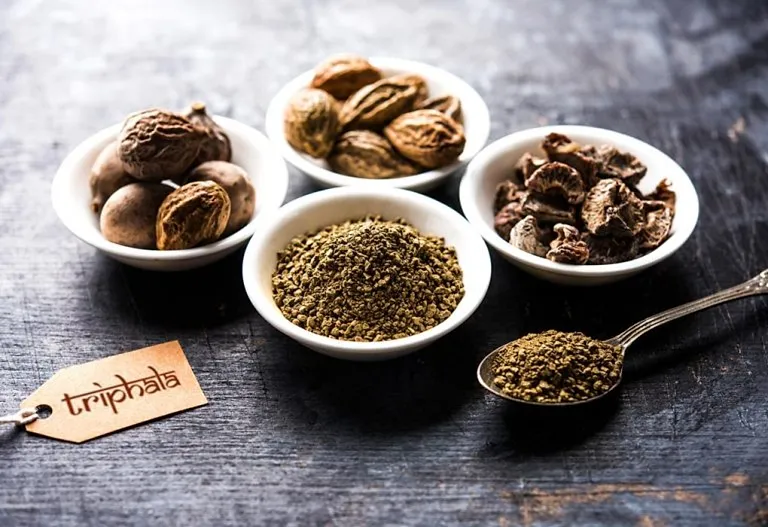
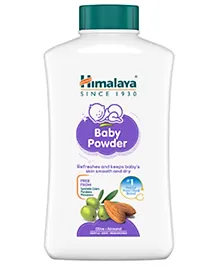
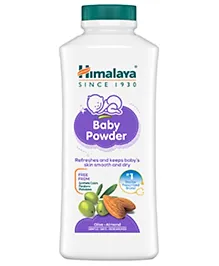


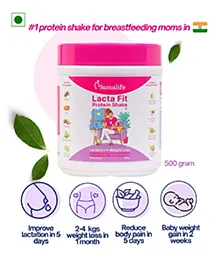

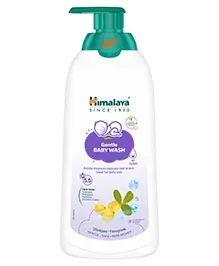
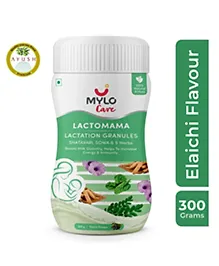
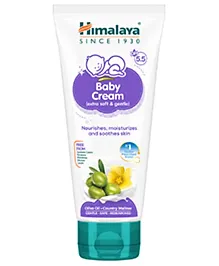
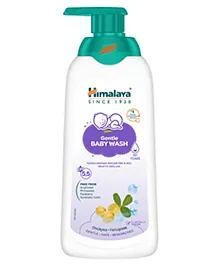







.svg)


















